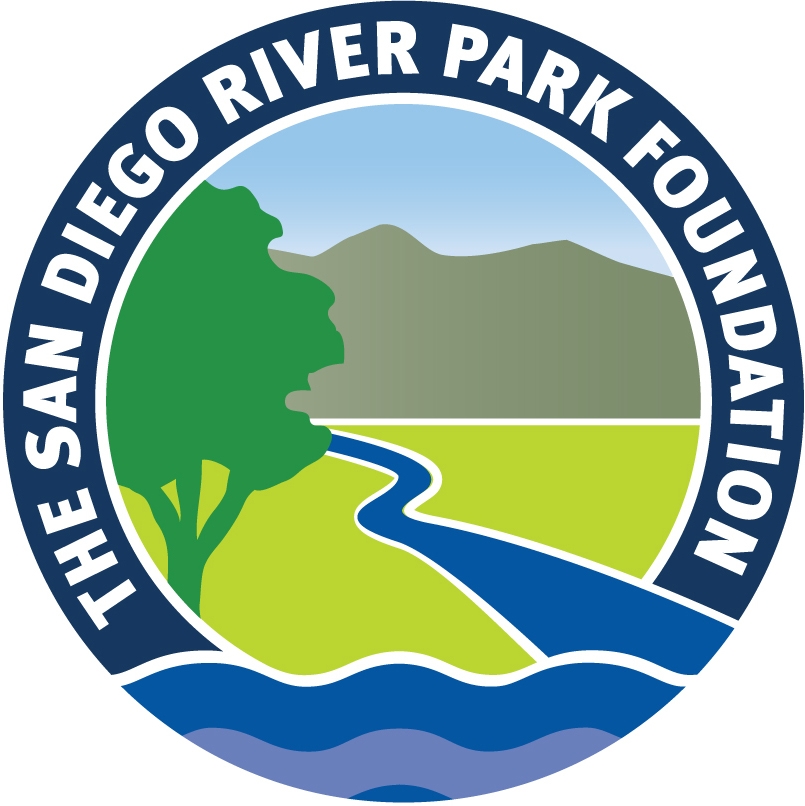Tips & Resources
How to Ensure Clean Water and Clean Beaches for All of San Diego
Many people think that when water flows into a storm drain it is treated, but the storm drain system and the sanitary sewer system are not connected. Everything that enters storm drains flows UNTREATED directly into our creeks, rivers, bays, beaches and, ultimately, the ocean. That stormwater often contains contaminants – including chemicals, trash and vehicle fluids – all of which pollute our beaches and harm fish and wildlife.
There are several actions that San Diegans and local businesses can take to prevent stormwater pollution. By keeping the tips and best practices below in mind, you can help reduce the pollution going into storm drains and ensure clean water and clean beaches for all of San Diego.
Stormwater pollution is the biggest threat to water quality in the San Diego region. Every San Diegan can do their part to reduce that pollution by implementing the following actions in their daily lives.
- Pesticides not only kill garden invaders, but they also poison fish and contaminate ocean water. Use organic or non-toxic fertilizers and pesticides and don’t fertilize near ditches, gutters or storm drains.
- Don’t dump household cleaners, paint products or motor oil on the ground – all paths lead to the ocean!
- Wash your car at a commercial wash instead of in your driveway or alley.
- Do not sweep leaves into the street or storm drain; instead, place yard clippings in appropriate waste containers.
- Dispose of car oil and grease properly.
- Clear your roof gutters of debris so water can flow smoothly.
- Consider incorporating native plants into your landscaping to absorb excess rainwater.
- Properly dispose of all pet waste.
View the top 10 ways you can reduce your contributions to stormwater pollution.
Stormwater pollution is the biggest threat to water quality in the San Diego region. Every San Diego business can do its part to reduce that pollution by implementing the following actions as part of regular daily cleaning and maintenance routines.
- Keep dumpsters in good condition with lids closed so that no contaminants leak out.
- Take inventory of where your business stores, handles and disposes of chemicals, securing them to prevent accidental spills.
- Hazardous waste materials should have secondary containment barriers in order to stop runoff.
- Avoid hosing down dirty paved areas, such as around a dumpster. When necessary, seek non-toxic, eco-friendly cleaning alternatives.
- In larger areas, use a professional cleaning machine service, as they are required to dispose of wastewater at approved facilities.
- Have a plan to clean up spills quickly and safely.
- Post signs to remind employees of pollution prevention best practices.
- Remember: Preventing pollution cuts costs, avoids expensive cleanups and may protect your business from fines!
View the top 10 ways you can reduce your contributions to stormwater pollution.
Stormwater Fact Sheets
The Importance of Stormwater Management
Stormwater infrastructure is important but often underappreciated because much of the equipment and facilities are located underground. Learn more about how that infrastructure is managed with the goal of reducing neighborhood flooding and pollution.
Best Management Practices to Reduce Pollution
Contain, Control, Capture
Follow the three C’s – contain, control and capture – to be proactive in stopping pollution. Utilize these best practices when you perform the following activities because it is much easier to prevent pollution than to clean it up once it has occurred.
- Air Conditioning Condensate | Spanish
- Auto Fluids | Spanish
- Car and Boat Washing | Spanish
- Cleaning Pavement | Spanish
- Construction Waste | Spanish
- Erosion and Sediment | Spanish
- Fire Sprinkler | Spanish
- Floor Mat Cleaning | Spanish
- Good Housekeeping | Spanish
- Illicit Connections | Spanish
- Irrigation Runoff | Spanish
Rebate Opportunities
Water conservation rebates are currently on hold due to lack of available funding. Please check back in July.
Making Water-Saving Options More Affordable
There are several rebates available that incentivize San Diegans to take their own actions to stop water waste and reuse stormwater. Check out the offers below from the City of San Diego and the Metropolitan Water District (MWD) of Southern California.
Downspout Redirects: Devices that redirect rainwater to a landscaped area that naturally filters runoff. Up to a $40 rebate per redirect. Spanish
Free Mulch: This reliable, cost-effective product can help with erosion control and water retention. Available for free at the Miramar Greenery.
Rain Barrels & Cisterns: Used to capture rainwater from hard surfaces, such as rooftops, to conserve water for irrigation. Rebates of up to $800 per property.
Rain Gutters: Captures rainwater from rooftops and diverts it to a rain barrel or landscaped area that naturally filters runoff. Rebates of up to $500 per property. Spanish
SoCal Water$mart: The MWD offers a variety of rebates for Southern California residents, including for turf replacement, weather-based irrigation control systems and more.
These are the same rebate offers available through the Public Utilities Department’s WasteNoWater.org webpage.
Think Blue Community Partners
Solana Center
Our mission is to empower innovative solutions to climate change through education, community engagement, and research.
We catalyze individuals, businesses, and local jurisdictions to work together to change behaviors and make real, measurable impacts on our environmental problems.
San Diego Coastkeeper
This advocacy group helps educate San Diego’s students about watersheds and wildlife, hosts beach cleanups year-round, and pushes for legislation to improve stormwater health.
I Love a Clean San Diego
Founded in 1954, this nonprofit aims to inspire San Diegans to actively conserve and enhance the environment through example, outreach and involvement.
Project Clean Water
This organization recently challenged San Diegans to take the “ 52 Ways to Love Your Water” pledge and take small weekly actions to help protect our waterways.
San Diego River Park Foundation
Started by a group of concerned citizens 20 years ago, this foundation acts as a steward for the San Diego’s namesake river and is dedicated to making it a truly regional asset valued by all San Diegans.
Other Resources
- Interactive Map of Street Sweeping Routes and Schedules
- Project Swell Materials(link is external)
- Report Stormwater Pollution via the Get It Done App
- San Diego Regional Water Quality Board(link is external)
- Stormwater Department Website
- Stormwater Services
What can San Diego residents do to preserve our water and beaches?
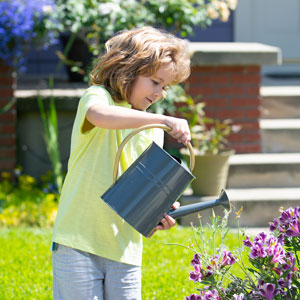
Reduce runoff by not overwatering
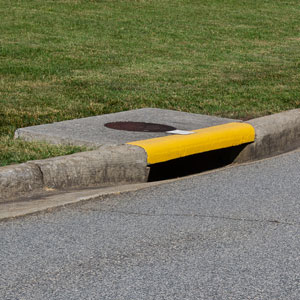
Never dump anything down a storm drain

Properly dispose of trash and yard waste
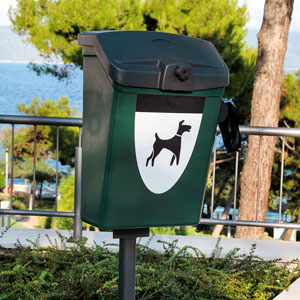
Clean up pet waste
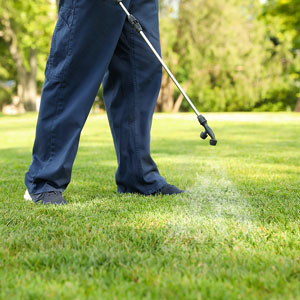
Use lawn chemicals sparingly





